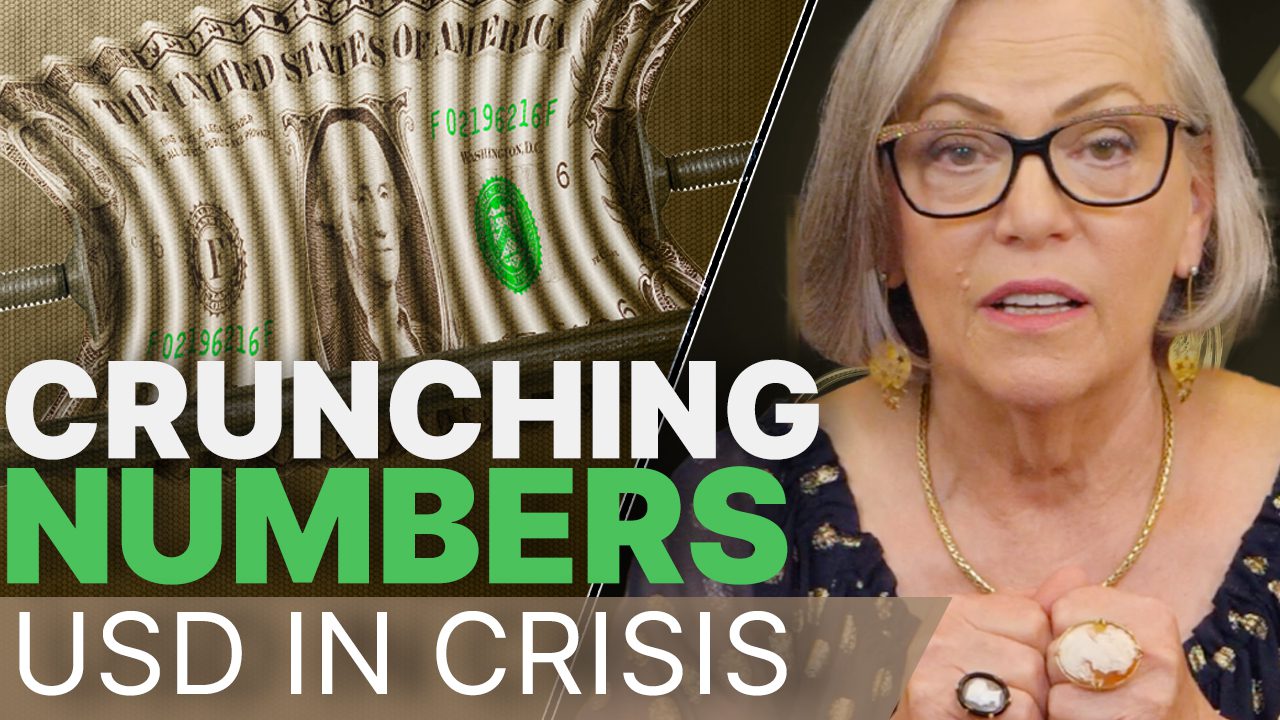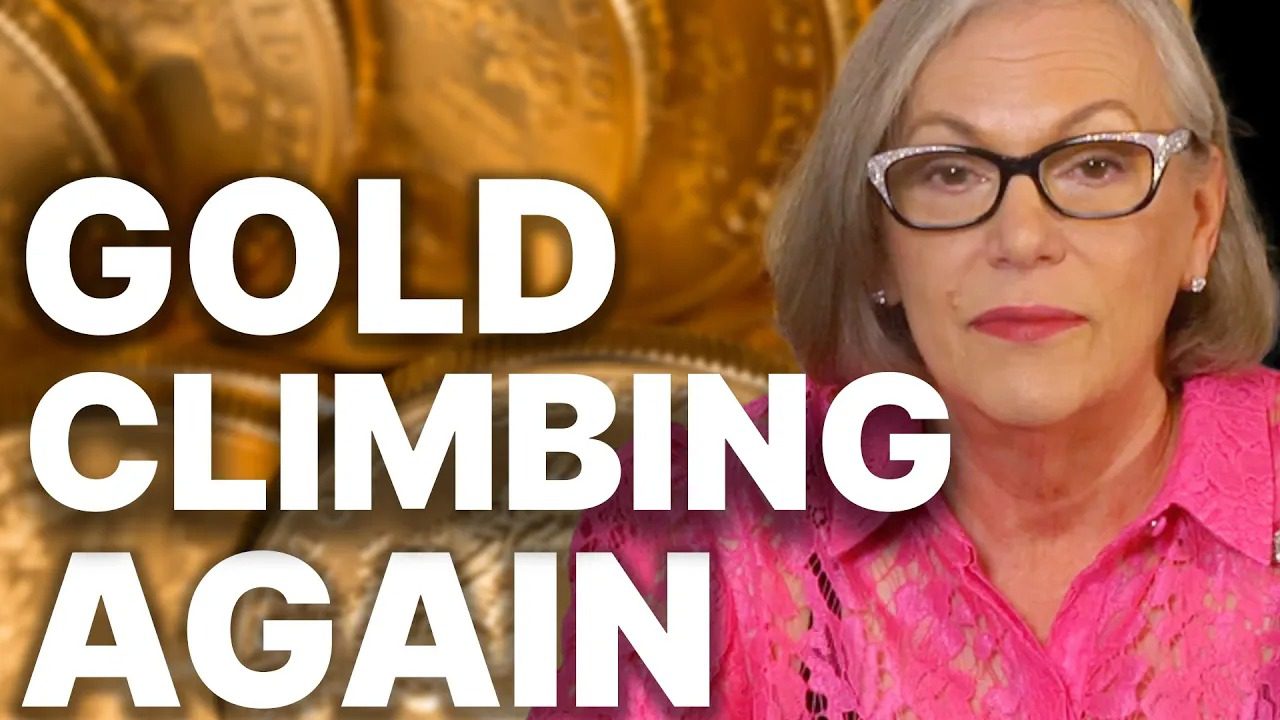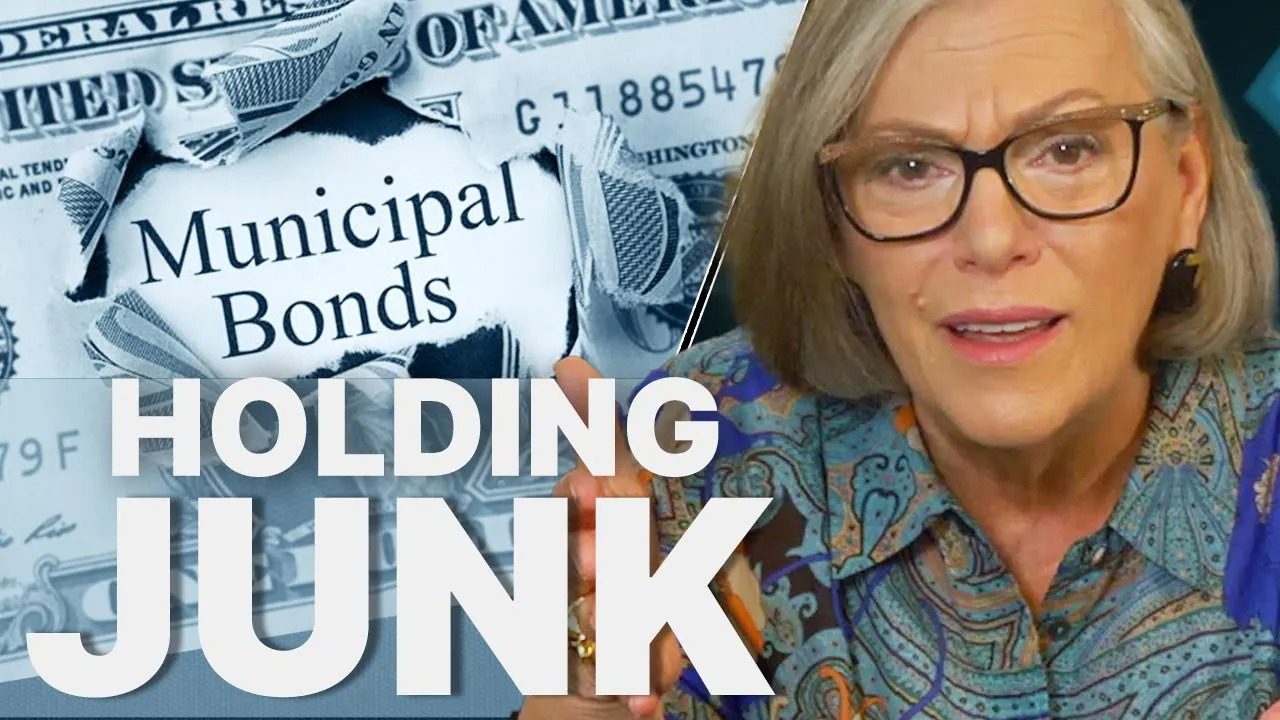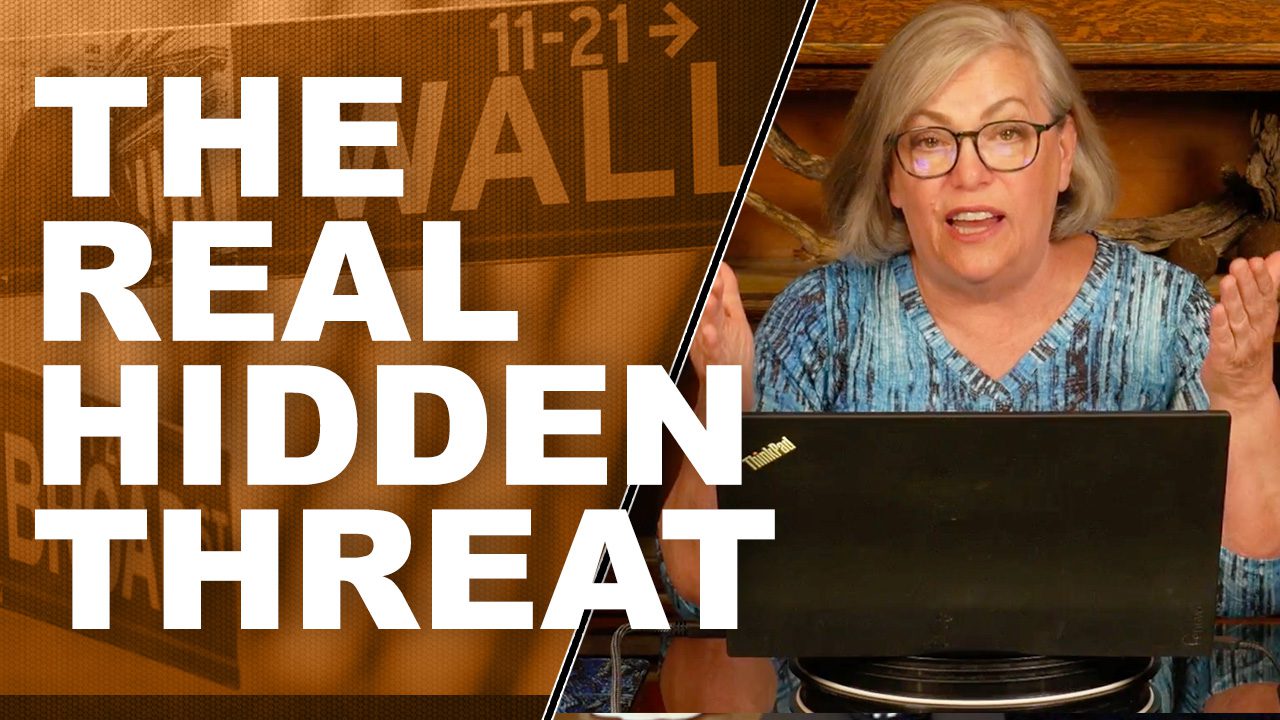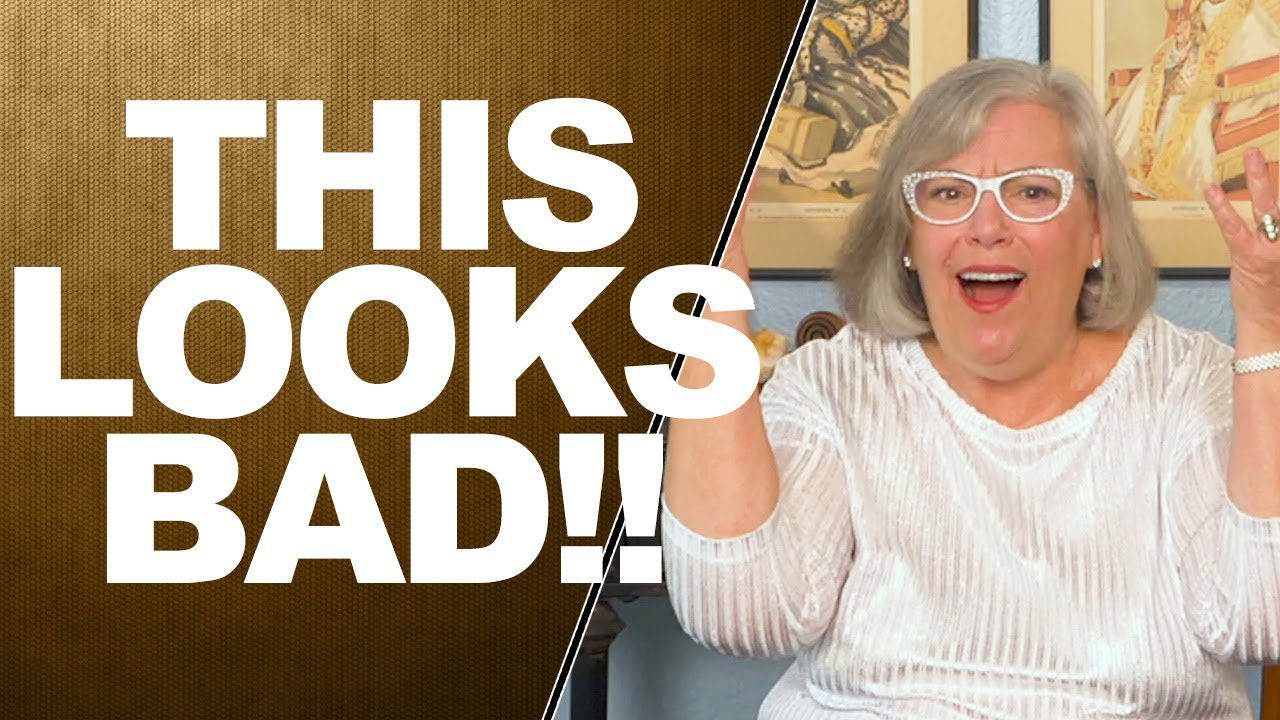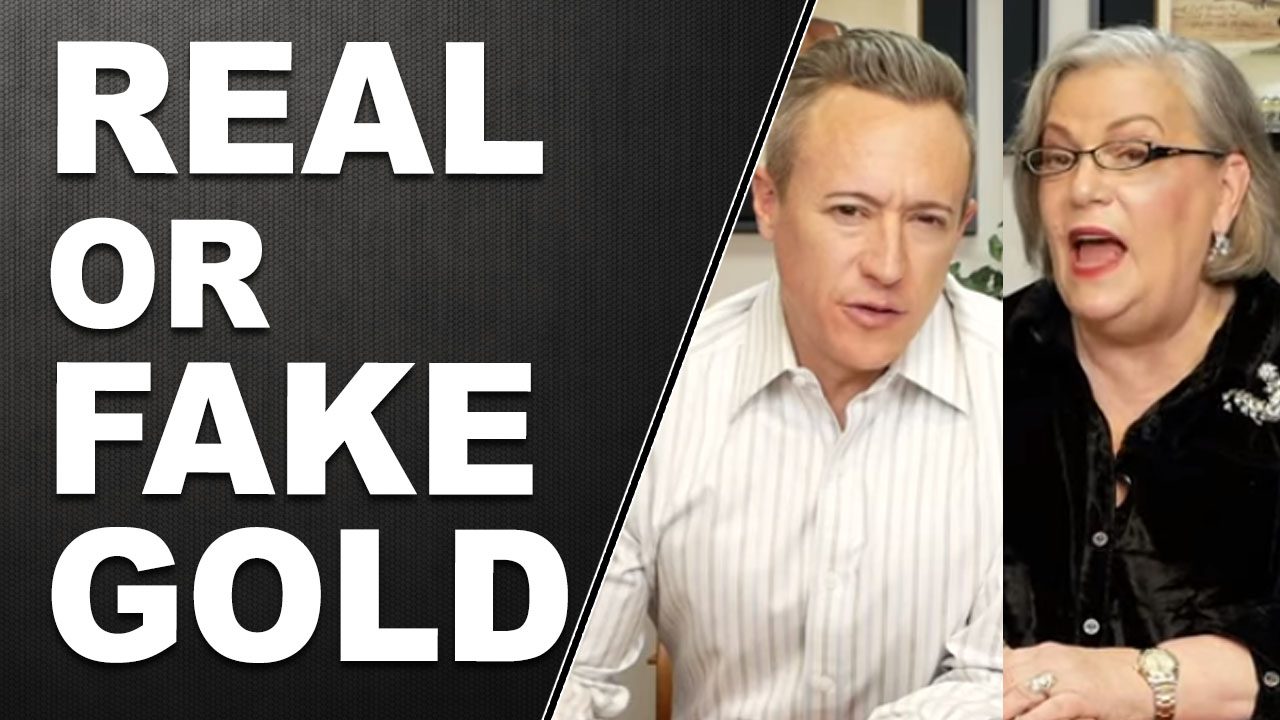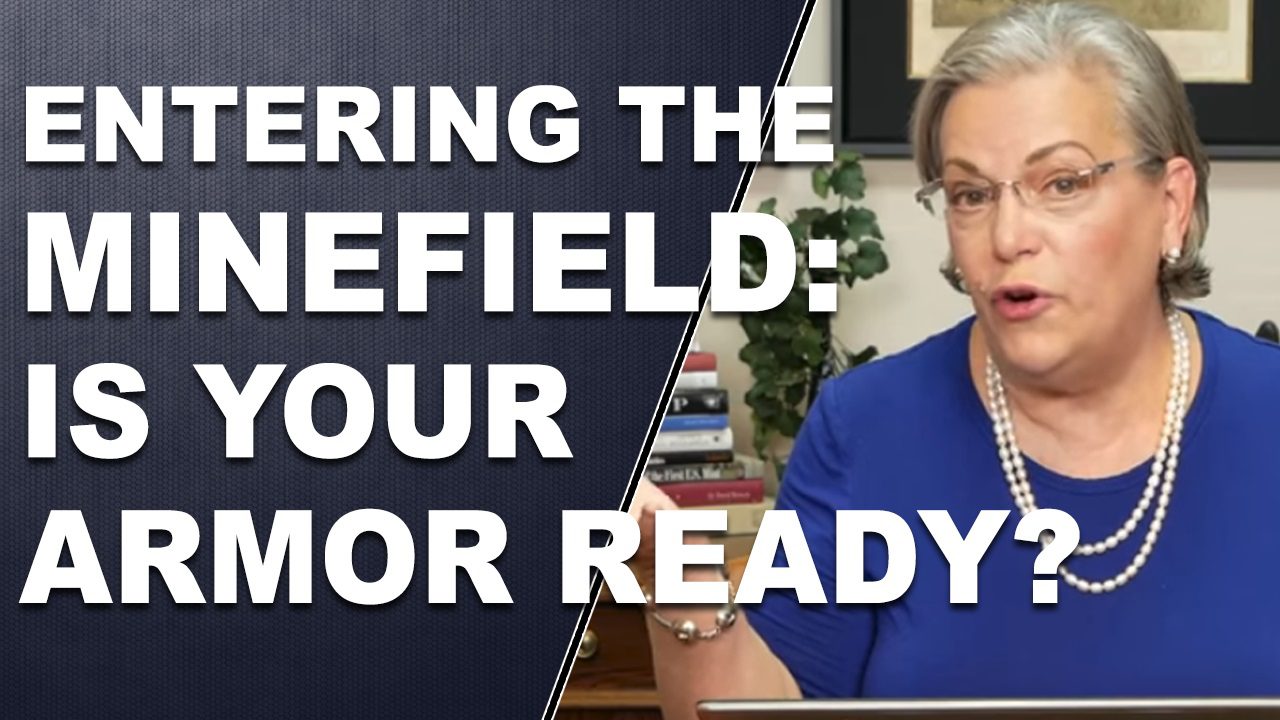US Monetary Policy: Can you Bank on Your Banks

If you have been busy with other things during the course of the week, you might have missed the strange debate centered on the future of the fiscal policy and monetary policy and the continual decline in distinction between the two. The debate took place between Paul Krugman from the NY Times and Steven Randy Waldman of Interfluidity. A very apt entry point to this debate could be the post on Economist’s View by Tim Duy where he chooses to explain the discussion or debate that took place between Krugman and Waldman.
To begin with, the discussion made it pretty clear that the Fed’s ability to pay up interest on reserves is never likely to become an important financial tool for the future. For most part of the Fed’s history, the reserves could not earn any interest at all! From 2008, the Fed began payment of interest. So, previously, a bank had to lend money for earning interest. Presently, it earns it from the Fed, for the reserves it has. This however, does not have a significant impact because the present interest rates are very low. Also, the credit demand remains low as well! Therefore, this move isn’t being considered as one that could deny loan seekers.
However, ZIRP is not likely to last forever. The Fed may decide to hike rates and most likely would raise interest rates on interests synonymously. According to the forecasts of Waldman, the interest rates would be pretty close to Federal Reserve’s funds rate. This could be a powerful tool with respect to monetary policy. This is because, it raises the bank’s costs for borrowing reserves and they would in turn be charging more for availing of loans. This would put brakes on economic expansion and generate inflationary pressure.
Although this may seem perfectly fine from a technocratic viewpoint, from a political viewpoint the assessments may be grossly different. If the Fed is paying out billions of dollars to banks so that they do not lend out money, that too in a scenario when the demands for loans have increased, the impact could be explosive. Consider about the times when you have heard about free inflow from Federal Reserves. This could actually be true when the reserve rates appreciate. And, this would be “taxpayer moneyâ€! The payments made on the reserves will deplete the payments made by the Fed to the treasury. This would in turn translate to the government having to tax more as well as borrow more.
It is indeed pretty hard to determine how this entire scenario is actually going to play out. The independence of the Fed could be threatened. The banks could be confronted with similar fate. In an event where they are being provided with billions of dollars in tax payer money, shouldn’t they be better off serving the public, abiding by the directives of elected professionals. A constant rule in politics remains, all money that comes in would come with strings attached. Therefore, whether interests on Fed reserves are likely to be the first unstrung version, is yet to be seen.

